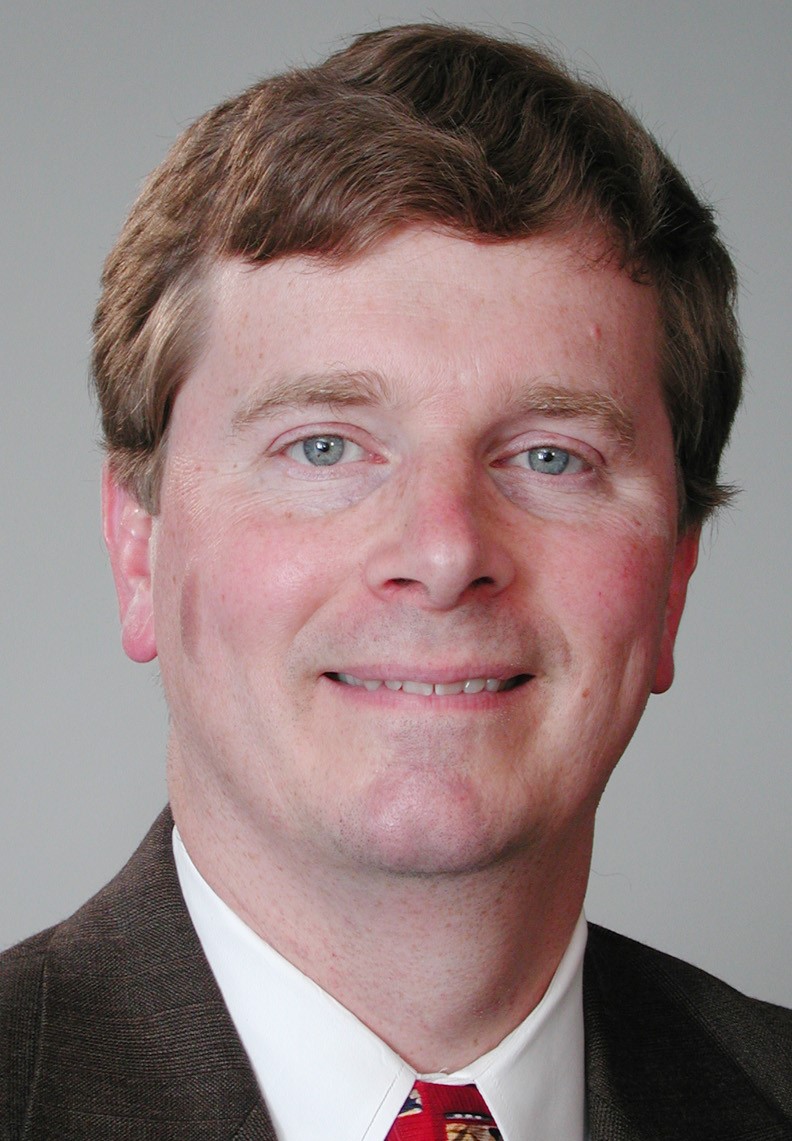
Chris DeVany
One of the most critical areas of employee relationships--and one of the biggest challenges management faces today--is conducting effective performance appraisals and determining appropriate merit increases. Learn to give performance appraisals that help motivate employees to achieve goals and increase their value to the organization. Since both managers and employees often view performance appraisals with anxiety, attention is given to preparing for and conducting performance discussions that are objective, complete and defensible. You'll also share experiences and participate in various exercises with other participants to better understand how to obtain the best possible performance from employees.
By attending, you will understand how to even more effectively:
• How to conduct motivational and directional performance appraisal reviews.
• Planning the review.
• Managing the review process.
• Subtle ways to keep sensitive employees from having their feelings hurt.
• How to suggest improvement to an employee’s performance in a way that boosts an employee's spirits.
• Why employees sometimes fear reviews.
• Ways to increase standards of performance.
Would you like to conduct more effective performance reviews?
Would you like to know how to give people “bad news” in a way which will not hurt but in fact improve your working relationships?
Would you like to be able to suggest improvement in a way which encourages rather than discourages?
If you answered “yes” to any of these questions, then come laugh, listen and learn as Chris DeVany leads us all through those important topics, key questions and answers we all need to be able to address effectively to improve our team members’ and team’s performance!

Chris DeVany
Founder and President of Pinnacle Performance Improvement Worldwide